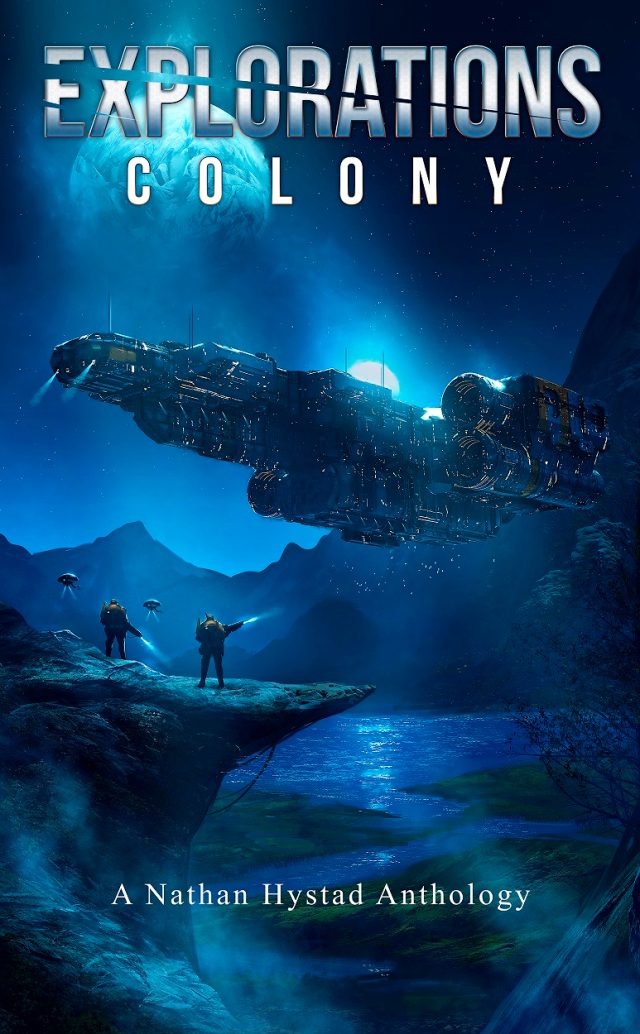 It’s been a while since I’ve been at #1 in an Amazon.com bestseller chart, but here I am again today as part of the team effort behind the latest Explorations anthology. I’ve had a busy schedule this year, but I decided last Christmas to make room to write a few stories for the fun of it rather than to tie in directly with my main novel series.
It’s been a while since I’ve been at #1 in an Amazon.com bestseller chart, but here I am again today as part of the team effort behind the latest Explorations anthology. I’ve had a busy schedule this year, but I decided last Christmas to make room to write a few stories for the fun of it rather than to tie in directly with my main novel series.
That’s why I wrote a novelette for the Four Horsemen Universe anthology, For a Few Credits More, which was released a few weeks ago, and another for the Explorations themed anthology series. Simply put, I was already a reader of both series and what could be more satisfying than to deepen my appreciation than to get involved myself? Of course, in order to have a story commissioned, there was the minor detail of begging/ threatening/ fooling/ bribing the editors as appropriate.
Both series reflect a trend I’ve seen for a while in science fiction literature towards a sense of adventure and close attention to excellence in the basic mechanics of storytelling, and all this coupled with an increased interest in the ‘hard’ sciences and engineering (I say ‘increased interest’ but that’s not always quite the same as ‘rigorous scientific accuracy’!).
That may seem an odd thing to say (what writer aspires to mediocrity in storytelling?) but it’s really a question of emphasis. An award-winning British science fiction writer proudly stated on Twitter recently that he is not and has never been a storyteller; he is a writer. Good for him. There’s nothing wrong with that, but there’s been a big trend in science fiction over the past decade of readers searching out a fundamentally different mindset.
An example of this trend is Andy Weir’s The Martian, and in that I do include the scientifically inaccurate sandstorm at the beginning, a conceit Weir freely admits he added to turn the rigor of his speculative science blog posts about someone stranded on Mars into a blockbuster audiobook/ novel/ movie (there really are sandstorms and high winds on Mars, but Martian air lacks enough density to carry much force). I see authors in this trend taking a starting position of “let’s get the science, engineering, military, social, economic and other aspects right” with varying degrees of “but let’s consider monkeying around with the realism in a few cases if it gives a big boost to the story”.
 In the Explorations series, for example, we have sentient stars, which don’t feature heavily in textbooks (unless you count the excellent Star Maker by Olaf Stapledon). On the other hand, in The Light of Distant Earth, the story I contributed to Explorations: Colony, the editor checked out my stellar geography and that the stars I mention match the data observed by real life astronomers. In For a Few Credits More, and my follow-up novel, Midnight Sun, the universe bible insists that we have no artificial gravity or inertial dampeners. Space battles need to observe such little details as the laws of physics. Starfighters don’t have a resistant medium to push against, so they cannot maneuver like airplanes or boats, and if you accelerate too rapidly, you crush your crew to death.
In the Explorations series, for example, we have sentient stars, which don’t feature heavily in textbooks (unless you count the excellent Star Maker by Olaf Stapledon). On the other hand, in The Light of Distant Earth, the story I contributed to Explorations: Colony, the editor checked out my stellar geography and that the stars I mention match the data observed by real life astronomers. In For a Few Credits More, and my follow-up novel, Midnight Sun, the universe bible insists that we have no artificial gravity or inertial dampeners. Space battles need to observe such little details as the laws of physics. Starfighters don’t have a resistant medium to push against, so they cannot maneuver like airplanes or boats, and if you accelerate too rapidly, you crush your crew to death.
And always, the storytelling must be excellent.
While this trend has been apparent for years now with novels, it is only recently that I’ve seen it so prominently in short science fiction. I suspect what’s happening is that a critical mass of successful novelists – most of whom have established themselves through self-publishing or the new independent presses – are applying their same writing mindset and skills to writing shorter fiction simply for the love of it. Just like I did.
Of course, whenever we talk of trends in publishing and literature, it’s important to remember that there are many trends all expressing themselves simultaneously, and often in apparently contradictory directions. Also that for every norm you suggest, there will be plenty of exceptions, and cases that don’t fit well with any attempt to categorize them.
Nonetheless, trends are real, and it’s part of my job as a professional writer to watch for them. Given that a decade ago, I canceled my last subscription to a science fiction periodical because I’d finally accepted that I rarely enjoyed the type of stories featured in any of the contemporary top-flight magazines, I find it significant that when I looked at the top-20 SF anthologies chart on Amazon.com today, I saw it contained all six of the Explorations and Four Horsemen anthologies ( at positions: #1, #6, #7, #11, #15 & #18)

Congratulations to Explorations anthologist Nathan Hystad and his team at Woodbridge Press, and Mark Wandrey and Chris Kennedy at Seventh Seal Press.
They’re all great books, and not just the ones I’m in. Try them out! With the Explorations anthologies, there is a brief 99c/ 99p promotion on all the Kindle editions of the Explorations anthologies in most regions for the next day or so. Many of them are also free for Kindle Unlimited subscribers. You can find the series in the US here and UK here.



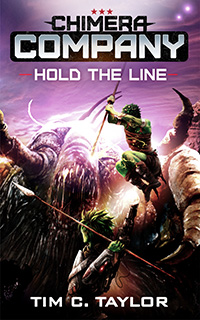
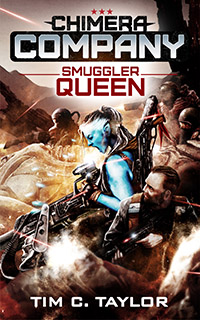

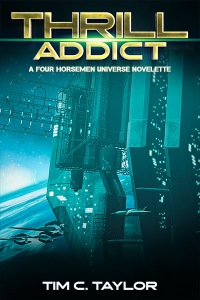
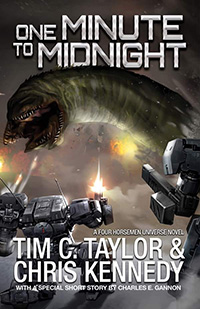
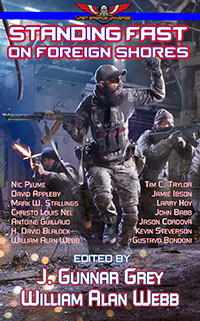
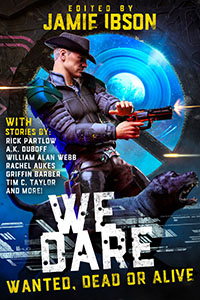
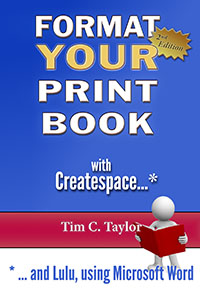

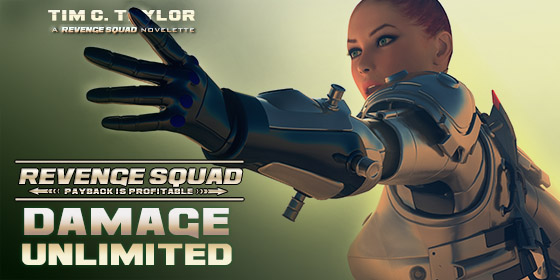

I always knew this is where you are suppose to be. I have loved your writing since the first book I read by you. And you have just gotten better with every book. I did think it could get any better but it has and I want to thank you for all the hard work. I love going on adventures with you. Again thank you for all the hours of enjoyment and escape into your writing.
Here’s a boy. Your #1 Fan, Melissa
🙂 Thanks.
And what a great story you wrote for the 4HU anthology! I enjoyed it, even reading it the second time!
Did I? Just as well, because I’m just about to turn it into a novel. 🙂
Can’t wait to read those too!